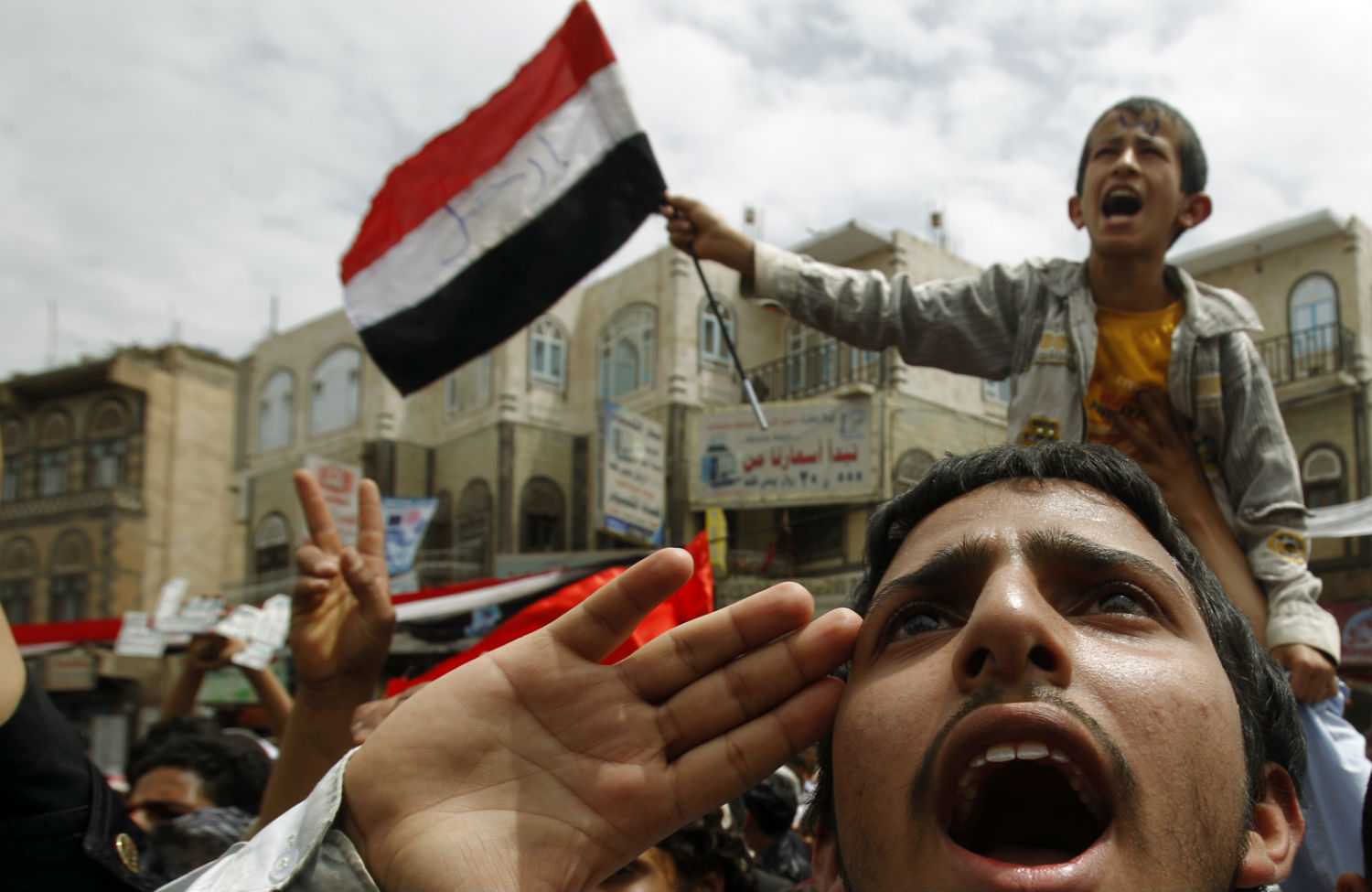
Why Is Yemen So Violent? Because It Is So Poor and Thirsty Why Is Yemen So Violent? Because It Is So Poor and Thirsty
Poverty doesn’t cause terrorism, but poor countries face special problems in dealing with it.

In Egypt’s Growing Insurgency, Civilians Pay the Highest Price In Egypt’s Growing Insurgency, Civilians Pay the Highest Price
Life in the Sinai is now defined by curfews, checkpoints, house raids and arbitrary arrests.
Dec 2, 2014 / Sharif Abdel Kouddous
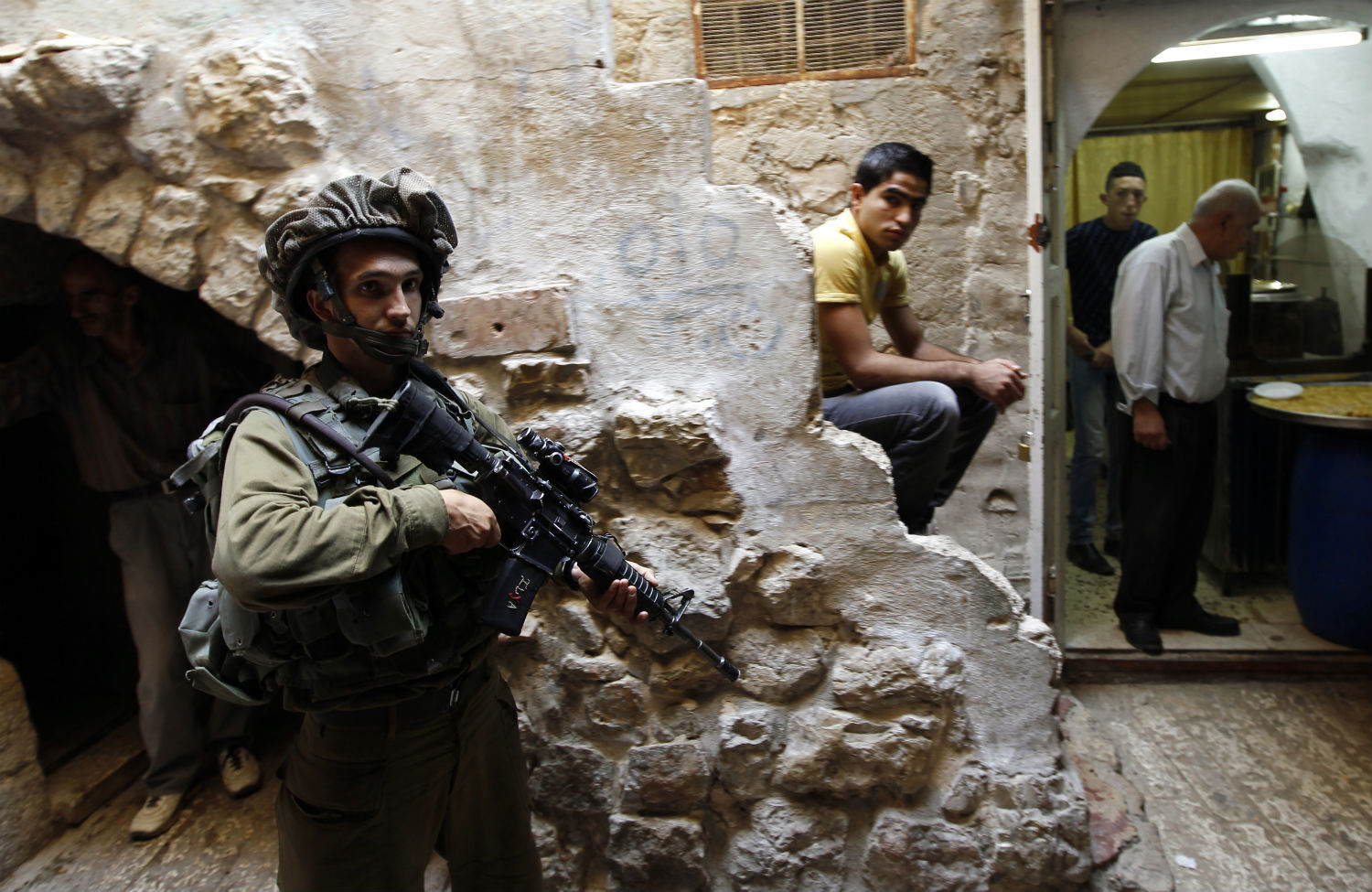
Déjà Vu in Jerusalem? Déjà Vu in Jerusalem?
In the latest round of violence, the Israeli government has been rebuked by its own security chief.
Nov 20, 2014 / Neve Gordon
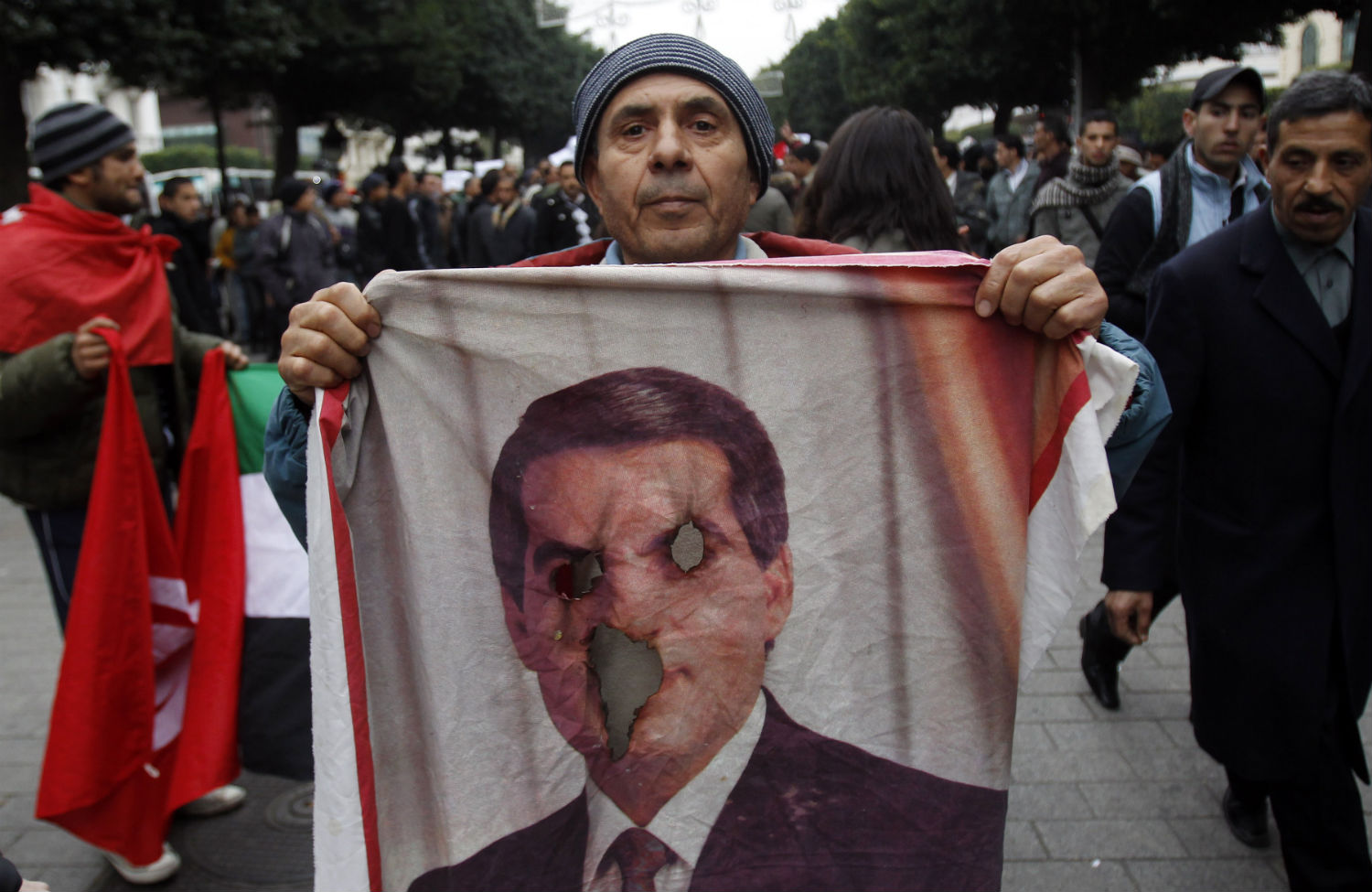
Tunisia’s Unfinished Revolution Tunisia’s Unfinished Revolution
Religious tensions, remnants of the police state and a broken-down neoliberal economic model imperil Tunisia’s otherwise impressive democratic transition.
Nov 17, 2014 / Foreign Policy In Focus / Jahd Khalil and Foreign Policy In Focus
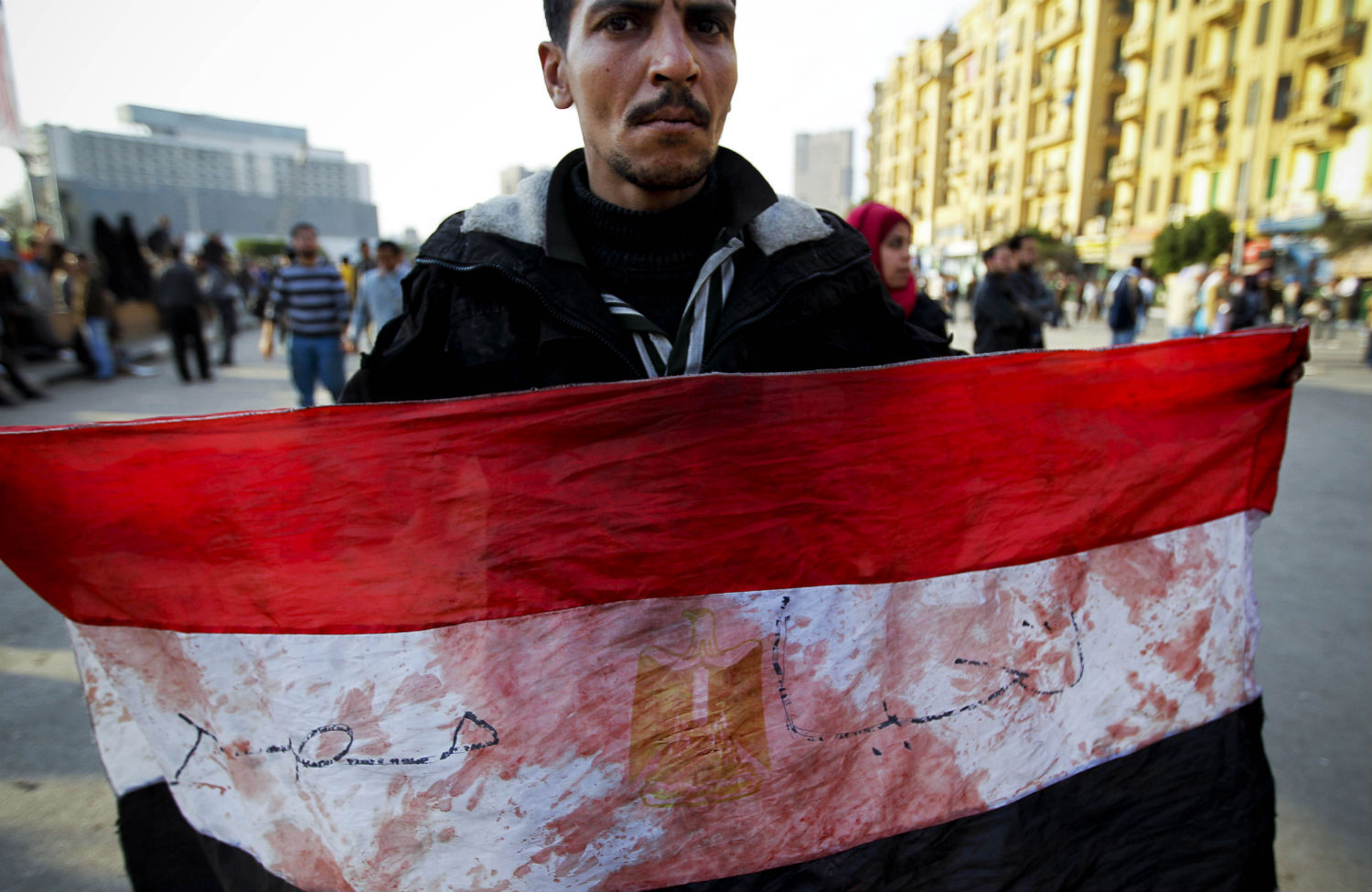
Egypt Escalates Repression Against Human Rights Groups and NGOs Egypt Escalates Repression Against Human Rights Groups and NGOs
A sense of malaise plagues activist circles, with energies largely spent supporting the thousands in prison.
Nov 12, 2014 / Sharif Abdel Kouddous
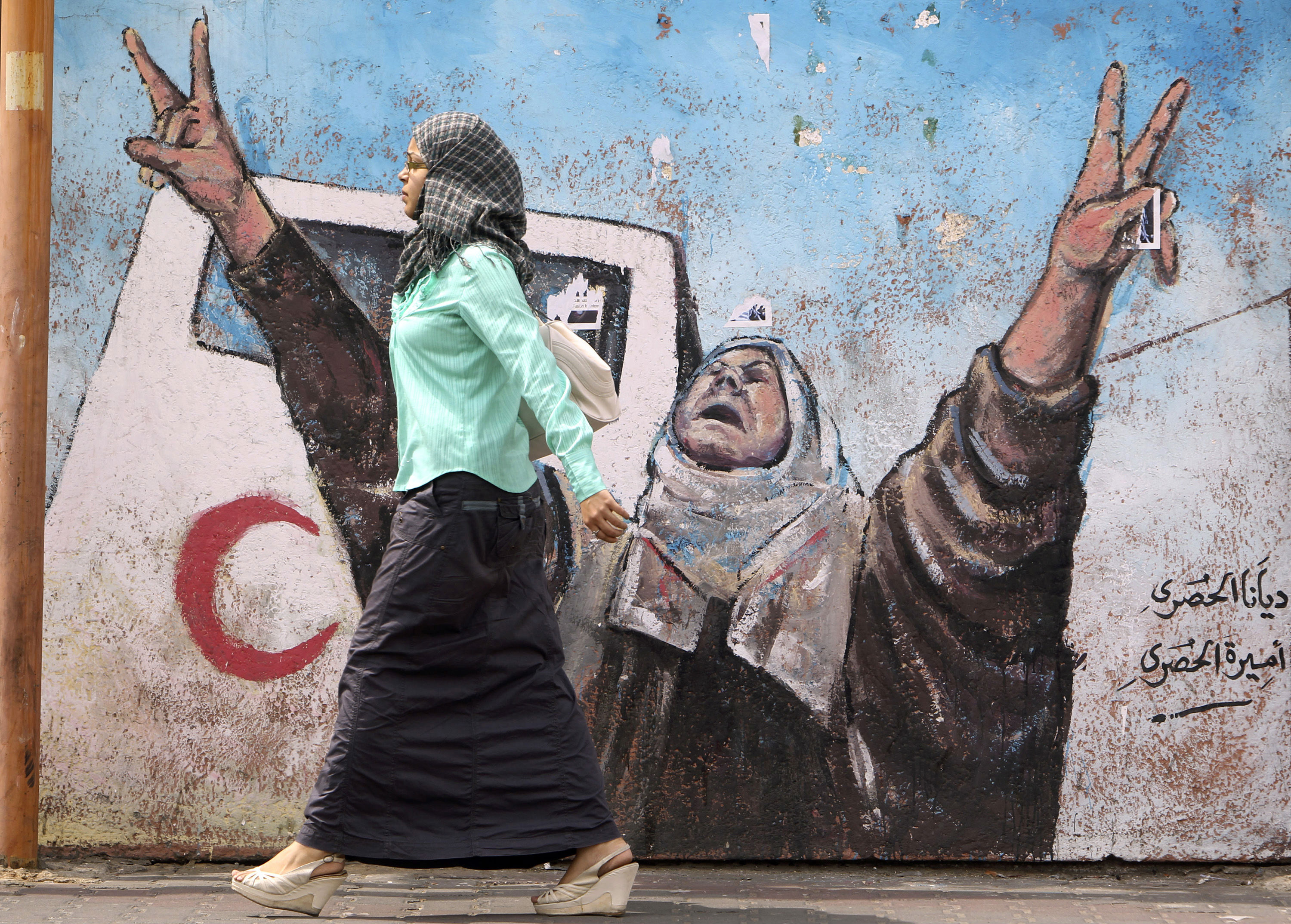
Why We Need International Recognition of the State of Palestine Why We Need International Recognition of the State of Palestine
After two decades of sham negotiations, it’s the best way to put pressure on Israel to end the occupation.
Oct 17, 2014 / Mustafa Barghouti
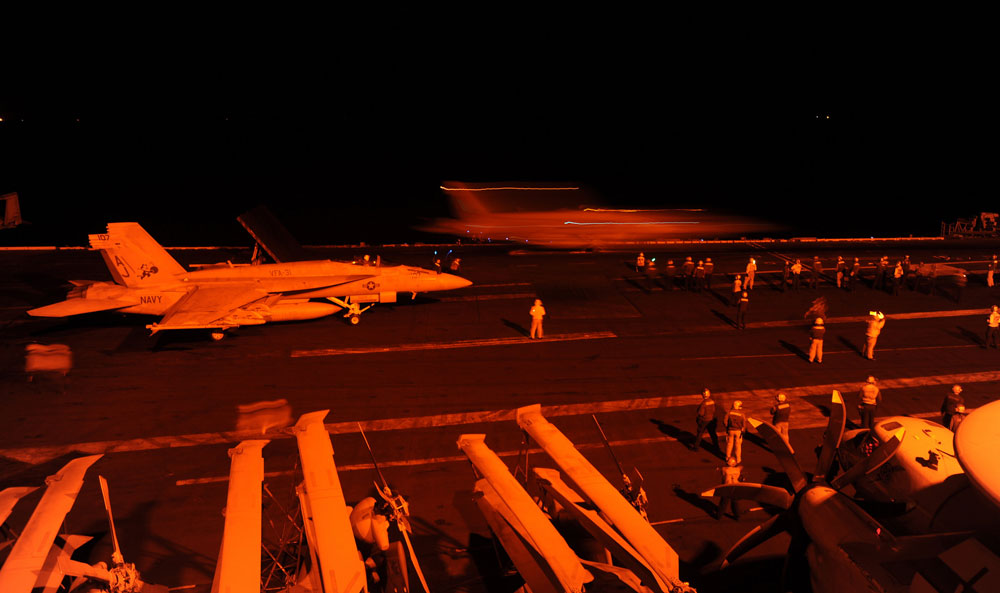
The Loneliest Pundits The Loneliest Pundits
The war whoops of the pundit class helped propel the nation into yet another doomed military adventure in the Middle East. Ghastly beheadings by a newly discovered enemy were the frightening flashpoint. The president ordered bombers aloft, and US munitions were once again pounding battlefields in Iraq—and, at the time of this writing, in Syria. The president promised to “degrade and destroy” ISIS. Here we go again, I thought. This is how modern America goes to war. When the superpower Goliath is challenged by sudden savagery, it has no choice but to respond with brute force. Or so we are told. Otherwise, America would no longer be a convincing Goliath. Citizens and members of the uniformed military are tired of war, but both in a sense are prisoners of the media-hyped hysteria that is the usual political reflex. Shoot first, ask questions later. While some commentators, like David Ignatius, have raised good questions about how this war will be fought, such questions do not address the larger question facing American warmaking. Please support our journalism. Get a digital subscription for just $9.50! Among leading columnists, I have seen only two who are framing the American dilemma in a more straightforward way. Columnist Eugene Robinson is a lonely voice at The Washington Post arguing for a fundamental shift. He has no touchy-feely illusions about holding hands with jihadists. But he knows repression by military force ensures the cultural collision will get worse. “Political Islam cannot be bombed away,” Robinson wrote. “If it is not somehow allowed constructive expression, it will make itself heard, and felt, in more tragic ways.” Robinson is a liberal. The other columnist exploring similar terrain is Ross Douthat of The New York Times, a conservative. Douthat suggested a hybrid strategy of containment and attrition that avoids a larger war in Syria and backs away from the illusion that ground war leads to nation-building. “It does not traffic, in other words, in the fond illusions that we took with us into Iraq in 2003, and that hard experience should have disabused us of by now,” he wrote. “But some illusions are apparently just too powerful for America to shake.” Read Next: Peter Van Buren on the impossibility of victory in Iraq
Sep 24, 2014 / Editorial / William Greider
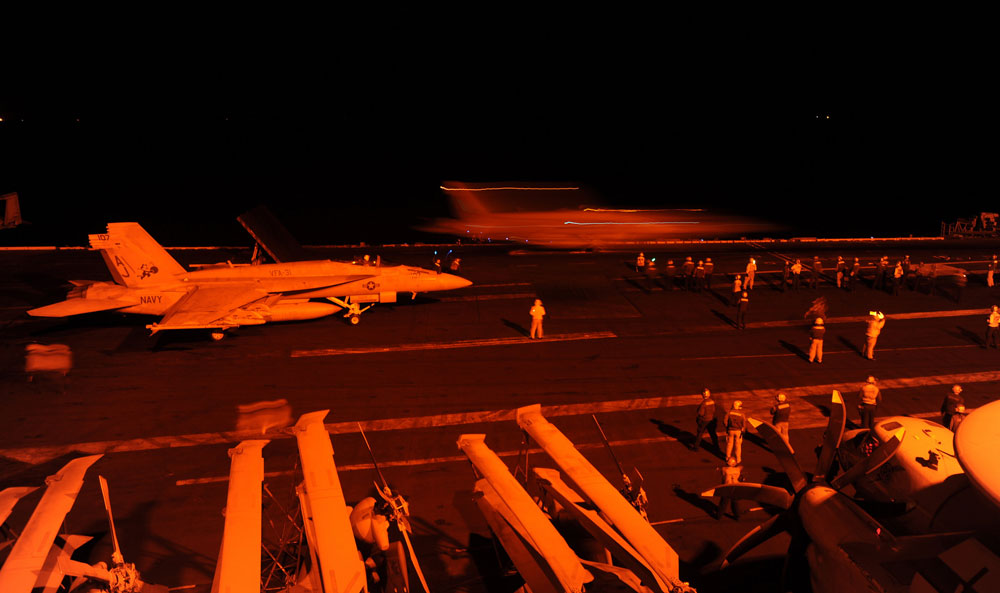
When Will American Foreign Policymakers Learn From Their Mistakes in the Middle East? When Will American Foreign Policymakers Learn From Their Mistakes in the Middle East?
Former top UN diplomat Lakhdar Brahimi lays out how decades of naïveté about Arab societies, poor planning and post-conflict miscalculations have fostered a deep mistru...
Sep 24, 2014 / Barbara Crossette
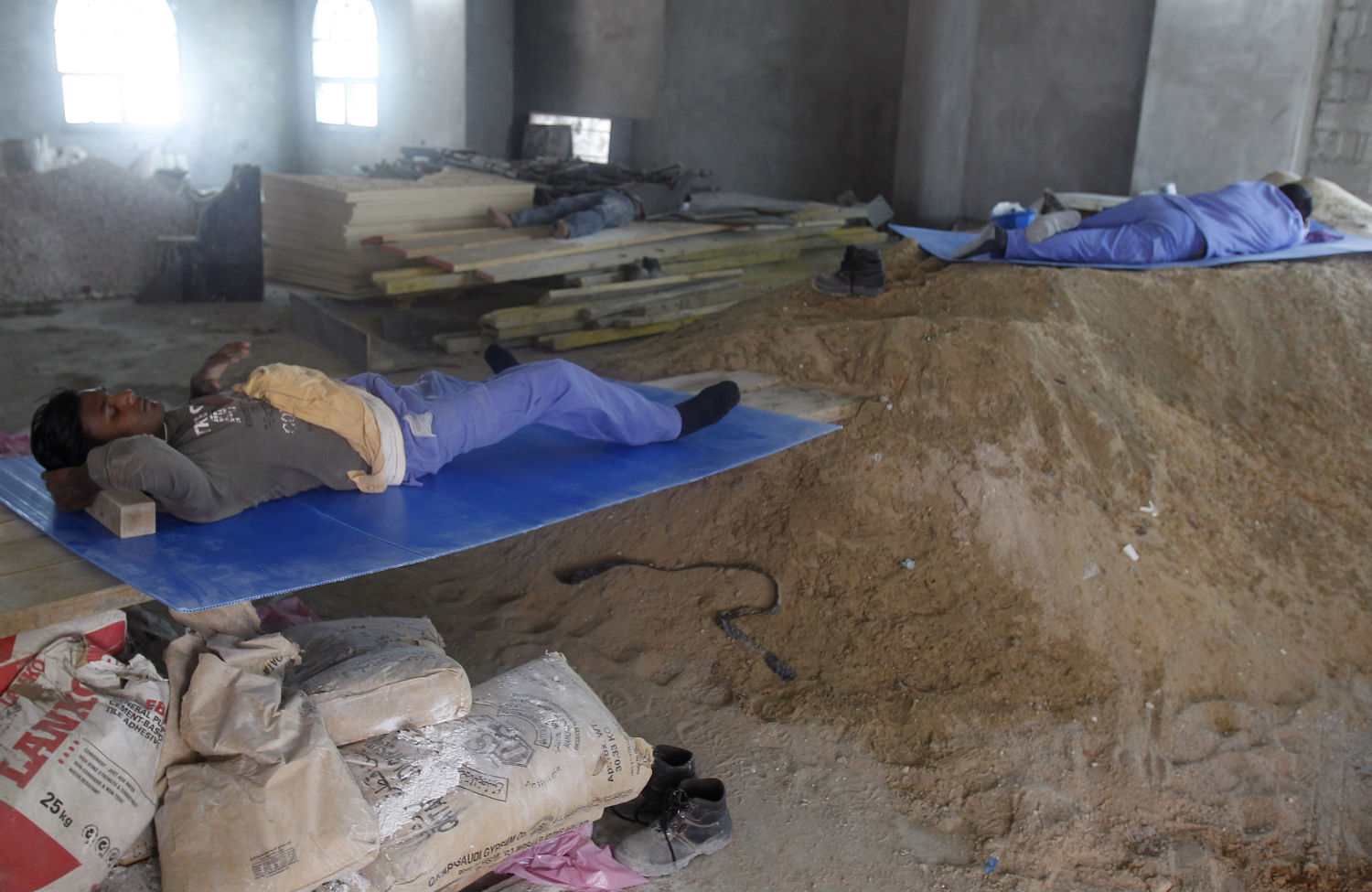
Kingdom of Slaves in the Persian Gulf Kingdom of Slaves in the Persian Gulf
In the smallest Gulf states, nearly 90 percent of residents are immigrant laborers. Many face unspeakable abuse.
Sep 16, 2014 / Foreign Policy In Focus / Sam Badger, Giorgio Cafiero, and Foreign Policy In Focus
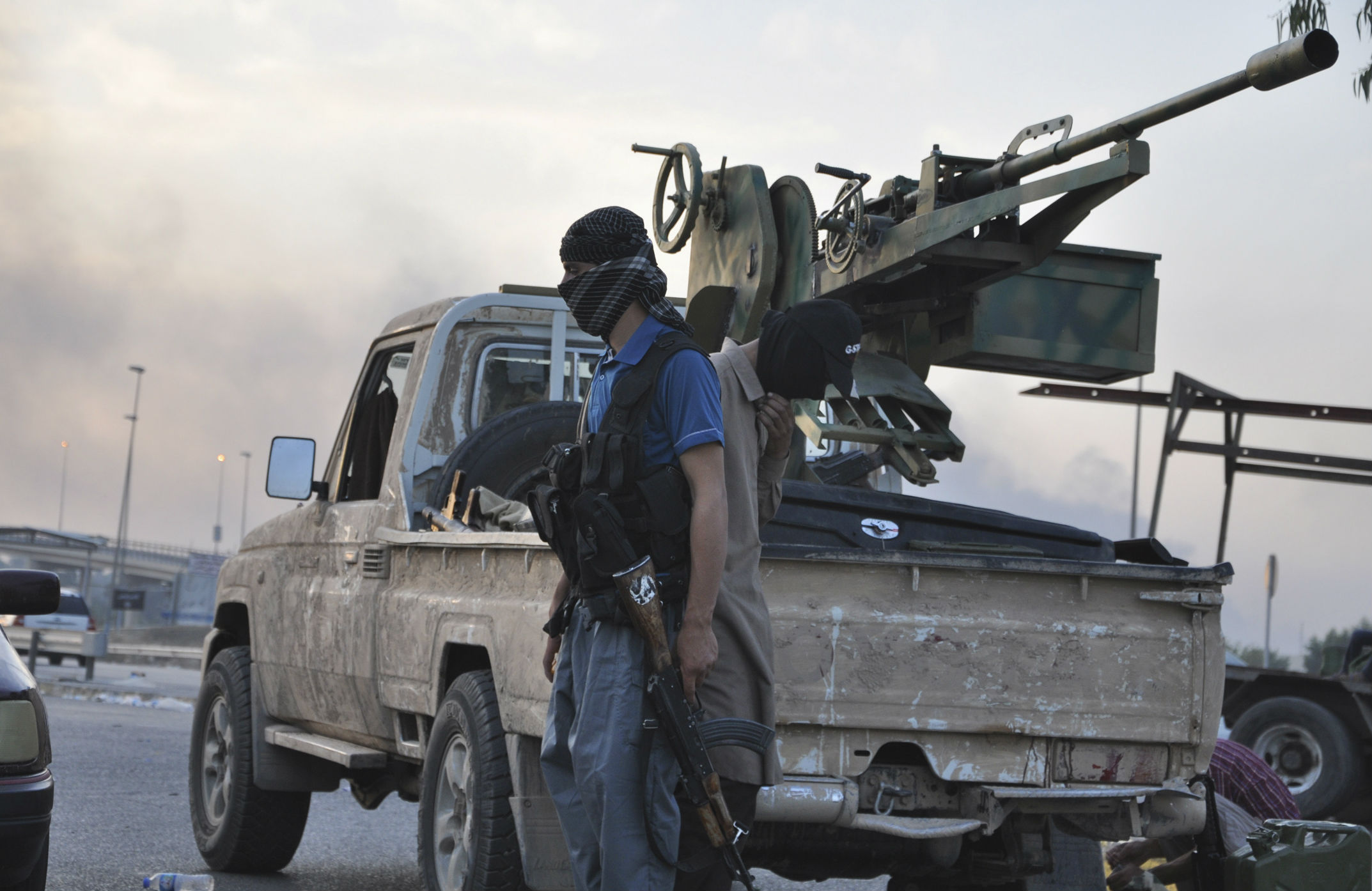
ISIS: The Spoils of the ‘Great Loot’ in the Middle East ISIS: The Spoils of the ‘Great Loot’ in the Middle East
Adding yet more warfare to the current crisis will perpetuate exactly what the imperial powers set out to do: tear an entire region of the world asunder.
Jul 7, 2014 / Foreign Policy In Focus / Conn Hallinan and Foreign Policy In Focus
